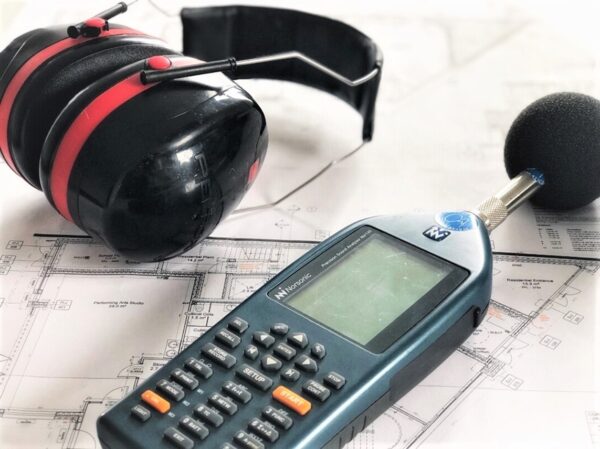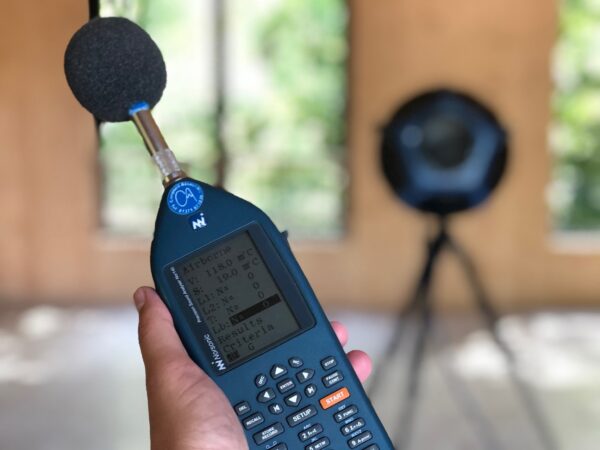Why have I failed my Precompletion Sound Testing?
Sound test failure through party walls and floors are a common thing, especially on conversion projects. We understand that some projects are more complicated and you may of inherited a half-built site or haven’t had time to get acoustic advice before starting the build. Whatever the reason, if you find a proportion of your sound tests fail, it may be that the separating walls and floors are acoustically weak.
There are two key acoustic considerations when designing party walls and floors to achieve the requirements of Approved Document E and avoid a Sound Testing failure.
-
-
-
-
-
- Direct Sound – This is sound that travels directly through the separating wall from one room to another.
-
-
-
-
-
-
-
-
-
- Flanking Sound – This is sound that bypasses the separating wall, via a weakness in the construction junctions ssuch as external wall, floor or ceiling detail. This can occur even with a good separating wall specification. Flanking sound limits the test performance of a separating wall and can be one of the hardest to correct.
-
-
-
-

Three Simple Ways to Increase Sound Insulation Performance
-
-
-
-
-
- Adding Mass – High mass products are used within separating floor and walls to reduce sound transmission and increase sound insulation. The greater the mass per unit area of the wall or floor, the less it will vibrate in response to sound waves thus less sound energy is radiated. The inclusion of a 19mm sound plank is just one way to add mass.
- Installing Absorbing Porous Materials – These are used within cavities in party wall and floor structures to reduce mid to high frequency sound energy. Always try to add a high quality absorbing materials include with a minimum mass of 45kg/m3.
- Installing Vibration Isolation – This will help to is the reduce structure-borne sound and vibration by the use of resilient materials and independent structures. In party floor detail, the introduction of a floating floor would isolate the floor surface from the structure and reduce footfall noise.
-
-
-
-

Avoiding a Sound Testing Failure
Sound insulation design can be vary difficult, due to the many different construction types available – each project is unique. At APT Sound Testing we are here to help. Our acoustic design service is a straightforward way to avoid a Sound Testing failure and to ensure acoustic performance requirements are achieved to comply with the Building Regulations Approved Document E.
To help reduce potential precompletion sound test failures, we can undertake an acoustic design review of the party walls and floors to ensure you have allowed for the correct mass, isolation and absorption in you acoustic construction.
To find out more call our team to discuss your project on 01525 303905 or contact us at: info@aptsoundtesting.co.uk.
Alternatively for more information please visit our website at: www.aptsoundtesting.co.uk
